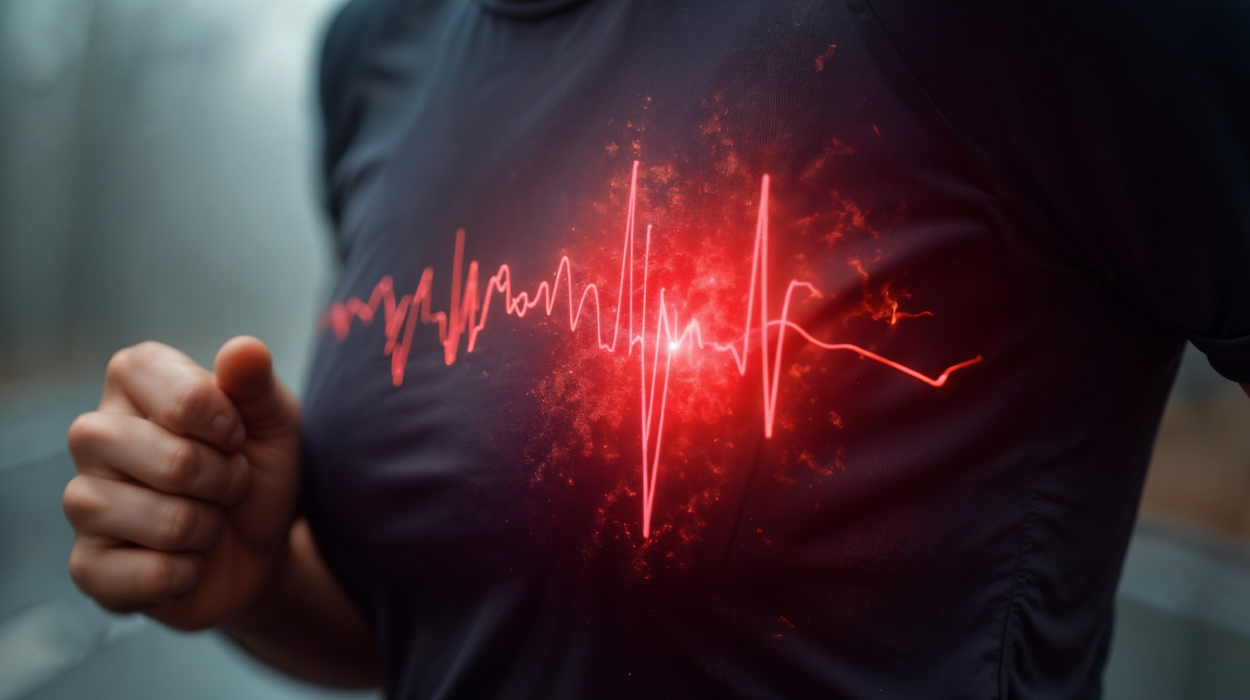Myocardial Infarction (Heart Attack)
- Home
- Myocardial Infarction (Heart Attack)


A heart attack is what happens when 1 of the “coronary arteries” gets completely or partly blocked. The coronary arteries supply blood to the heart. When blood cannot flow through an artery, part of the heart is damaged.
Heart attacks are usually the result of a condition called “coronary heart disease” or “coronary artery disease.” In this disease, fatty deposits called “plaques” form on the walls of the coronary arteries. These plaques sometimes break open and cause blood clots to form. Then, the blood clot can block off the artery and keep blood from reaching parts of the heart muscle. That is what causes most heart attacks.
The medical term for a heart attack is “myocardial infarction” or “MІ.”
People having a heart attack often notice:
Chest pain or discomfort is the most common symptom of a heart attack in both women and men. However, women are more likely than men to have to have symptoms other than chest pain.
If you think that you might be having a heart attack, call for an ambulance right away (call 9-1-1). Do not try to get to the hospital on your own.
Yes. If your doctor thinks that you are having a heart attack, they might order 1 or more of these tests:

This test measures the electrical activity in your heart. A heart attack can change the patterns seen on the ΕСG.

During a heart attack, the heart releases certain chemicals. If these chemicals are in your blood, it might mean that you are having a heart attack.

This test uses sound waves to create an image of your heart as it beats. In a heart attack, not all parts or the heart pump normally.

During this test, the doctor puts a thin tube into a blood vessel in your leg or arm. Then, they move the tube up to your heart. Next, the doctor puts a dye that shows up on X-ray into the tube. This part of the test is called "coronary angiography." It can show whether any of the arteries in your heart are clogged.
If you go to the hospital while you are having a heart attack, the doctors and nurses will do a few things:
After a heart attack, you will likely stay in the hospital for 3 to 5 days, unless your heart attack leads to other problems that need treatment.
After a heart attack, you will probably need to:
If you can’t afford your medicines, or if the medicines give you side effects, tell your doctor. There are often ways to solve these problems.